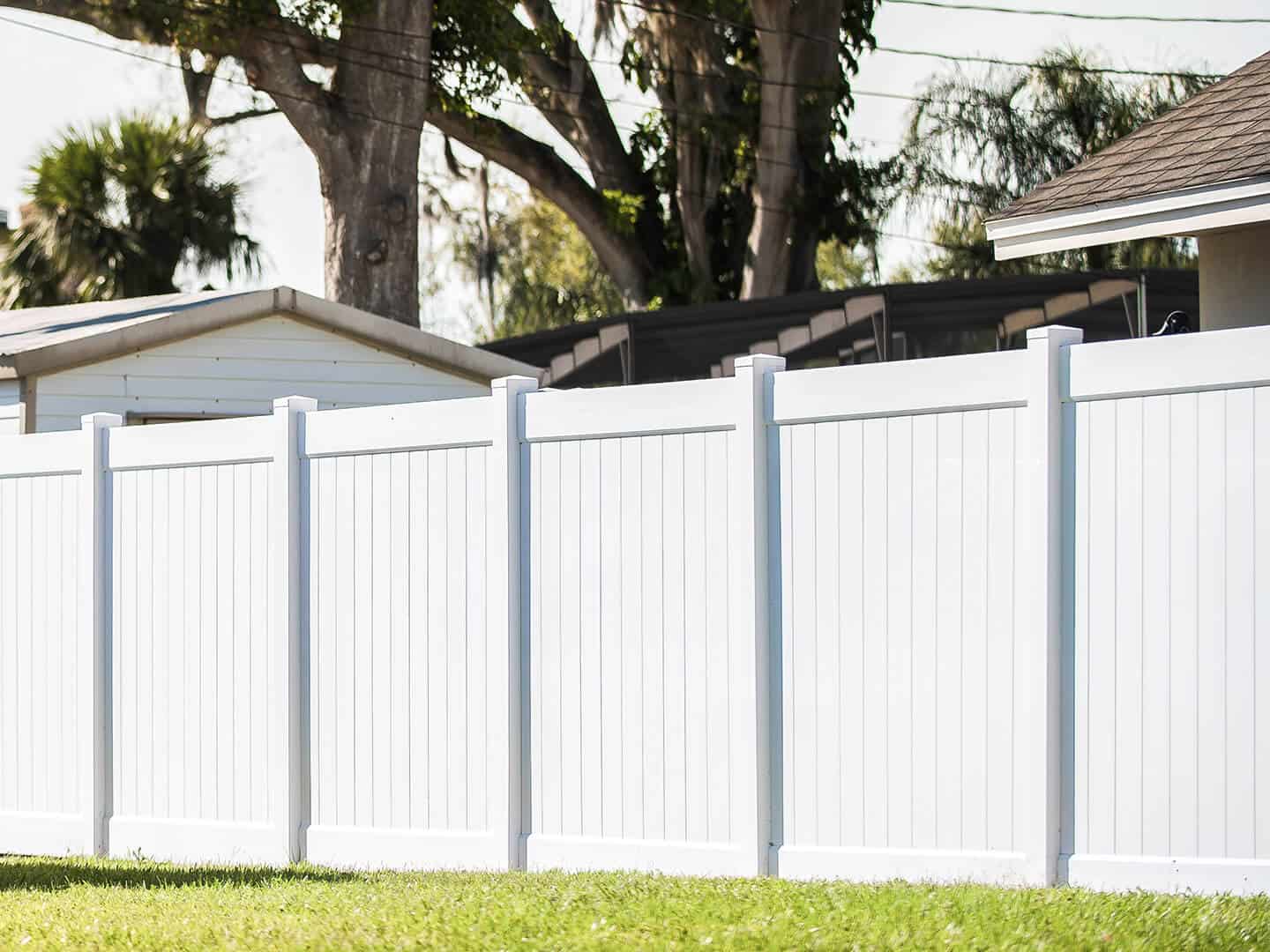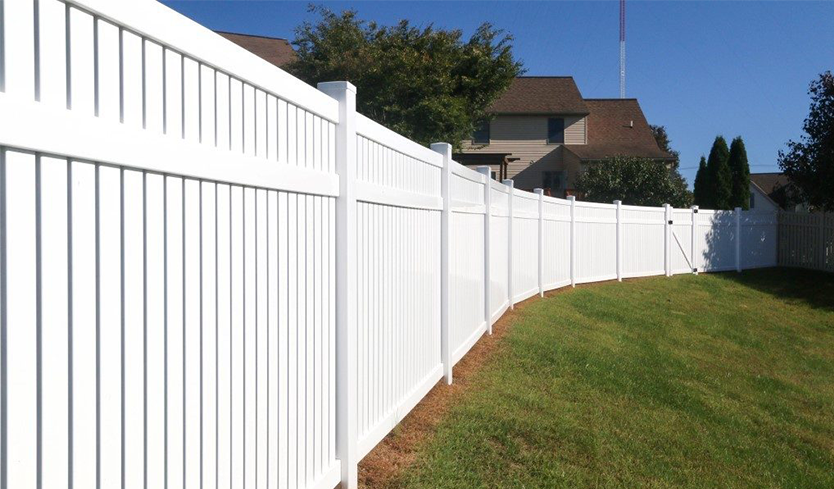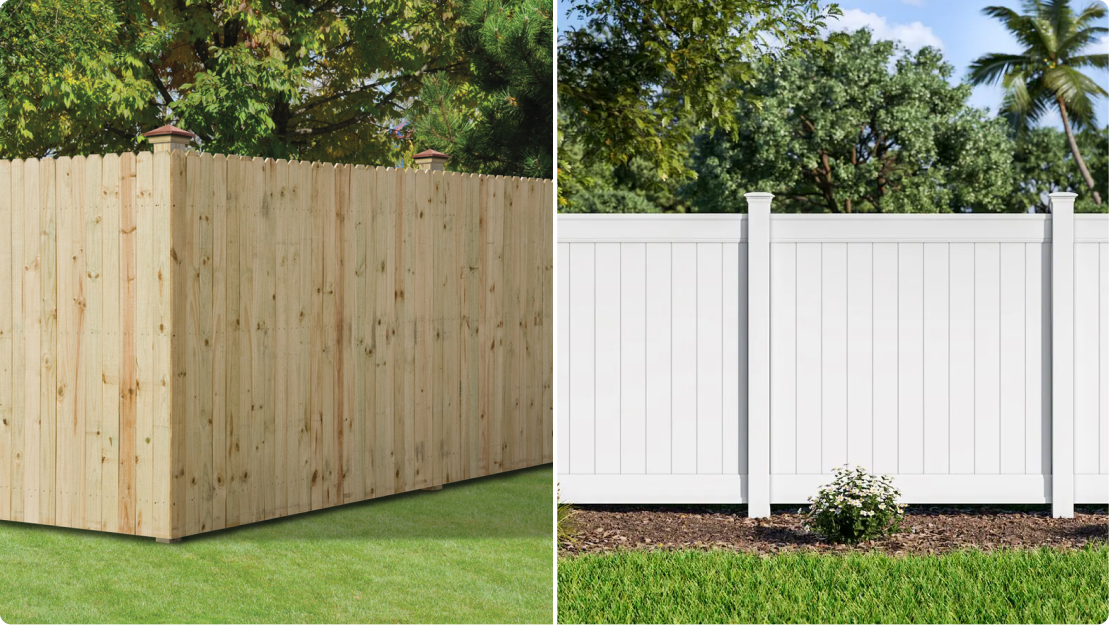Garden: How to spot good bugs & get rid of bad insects in NC
Many caterpillars are garden pests. Clyde Sorenson of NC State Extension recommends hand-picking them when you see them.
TNS
Outdoor gardening goes hand-in-dirty-hand with bugs.
While insects may seem like something no gardener wants, seasoned gardeners know not all bugs are bad for their plants, and they’ll even get excited about the beneficial insects doing their great work.
To learn more, The News & Observer talked to Clyde Sorenson, a professor in NC State’s Entomology and Plant Pathology department, about bugs in our backyard gardens.
His main message: Most bugs are very, very good.
Most bugs are good bugs
Most of the insects in your garden are beneficial, Sorensen said.
Many insects — like ladybugs, lacewings, ground beetles and many wasps — are directly beneficial because they kill pests. But most of the others, including butterflies, flies, bees and many, many others, are beneficial in helping to maintain a diverse, rich and healthy ecosystem in your yard.
“My most important message is for folks to regard everything in their garden, except those they know are doing harm, as good,” Sorenson said.
“A diverse and healthy garden ecosystem is a good thing. It’s going to make your life richer and bring in your garden other things you might appreciate, like birds and such.”
.jpeg)
How to spot bad garden bugs
You’ll typically find the damage from pest insects before you find the culprit, Sorenson said. This usually looks like holes in leaves, tunnels in stems or punctures in fruit.
“If you see defoliation or other damage on your plants, start looking for the culprits — usually caterpillars or beetle larvae,” he said.
“Hornworms on tomatoes, for example, are easy to spot because they’re good sized caterpillars, huge when fully grown, but many caterpillars can be more elusive. Some others, like aphids, damage your plants by force of numbers. One aphid is nothing to worry about, but 500 on one stem can have a significant impact on how healthy the plant is.”
Some species of beetles and caterpillars are North Carolina’s most common garden pests.
How to get rid of bad garden bugs
Pesticides aren’t the only solution. Sorenson recommended these methods for getting the bad bugs away from your growing crops.
▪ Hand pick: One of the easiest ways to get rid of pest insects, like beetles and caterpillars, is to hand pick them from your garden.
“It’s a very useful thing you can do without spraying down your whole garden,” he said. “If your tomato plants have hornworms, instead of spraying, just pick them off. Put them in a can, dispose of them how you will.”
▪ Remove leaves: If you find pest eggs on leaves (and make sure you’re checking the undersides), rub them off, cut off the whole leaf or tear the part of the leaf off that has the eggs.
“The truth is that removing one leaf is going to keep your plant in much better shape than if you let the eggs, tons of them, hatch.”
▪ Try insecticidal soap: For small, soft-bodied insects (like aphids), try using insecticidal soap to control them, versus a more toxic insecticide. You should be able to find this at local garden centers and big box stores.
▪ Use Bt, if needed: You can also use the biological pesticide Bacillus thuringiensis, also known as “Bt,” to get rid of pest caterpillars, he said.
Gardener’s Supply Company has some online, and you can also check your local gardening center.
How to attract beneficial garden insects
While most of the fruit and v
egetable plants we bring into our gardens are not native, we should try to plant native ornamental plants around our edible gardens to attract beneficial native insects, Sorenson said.
These can include milkweeds, coneflowers and (Echinacea), bee balm, blanket flower and many others, he said, which can also serve as important pollinator plants.
“What I recommend in any garden is diversity. Plant lots of different kinds of things,” Sorenson said.
“The more diverse, the more likely the garden is to harbor the beneficial insects that can help keep pest insects down. Most of the time what you’re really after is providing resources to beneficial insects like the parasites that attack aphids, caterpillars and other pests.”
For more information about insects through NC State Cooperative Extension, visit gardening.ces.ncsu.edu/insects-2.
For resources on native plants, visit gardening.ces.ncsu.edu/native-plant-resources. You can also visit the NC Botanical Garden at ncbg.unc.edu/plants.
This story was originally published May 27, 2022 11:30 AM.









